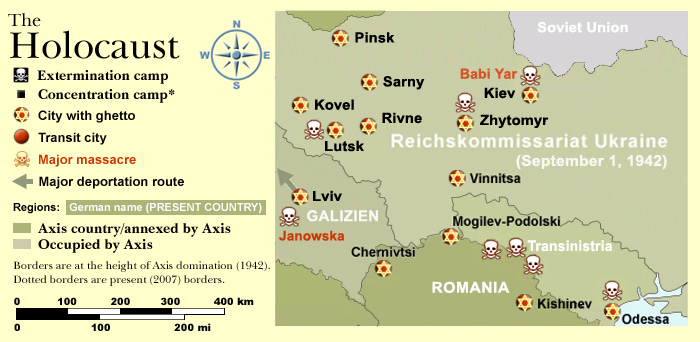All Global Research articles can be read in 51 languages by activating the “Translate Website” drop down menu on the top banner of our home page (Desktop version).
To receive Global Research’s Daily Newsletter (selected articles), click here.
Visit and follow us on Instagram, Twitter and Facebook. Feel free to repost and share widely Global Research articles.
Towards Peace?
 On June 15-16, 2024, 2024 delegates from 90 countries met at the Bürgenstock resort near Lucerne, in the context of a Peace Conference organized by the Swiss government to which Russia was not invited.
On June 15-16, 2024, 2024 delegates from 90 countries met at the Bürgenstock resort near Lucerne, in the context of a Peace Conference organized by the Swiss government to which Russia was not invited.
The so-called Peace Conference was a failure.
The article below focusses on the sabotage of the Istanbul Peace negotiations in March 2022, which took place a couple of weeks after Russia’s February 24th “Special Operation”
Michel Chossudovsky‘s introductory text is followed by the carefully researched article by Nauman Sadiq first published by Global Research on March 31st, 2022 in the immediate wake of the failed peace negotiations in Istanbul.
Sabotage of the Kiev-Moscow March 2022
Peace Agreement in Istanbul
The End Game is the Destruction and Privatization of Ukraine
by
Michel Chossudovsky
December 8, 2023
Introduction
My first reaction in early March 2022, following Russia’s “Special Operation” initiated on February 24, 2022, was that
The War in Ukraine had “Ended before it Began”.
The Russians literally destroyed Ukraine’s Air Force and Navy at the very outset in February-March 2022.
Also Russia gained strategic control over a large part of the Black Sea and almost total control of the Sea of Azov.
Anyone who has a minimal understanding of military strategies, knows that you cannot wage a conventional ground war without a Navy and an Air Force.
U.S. military strategists were no doubt fully aware at the very outset that Ukraine could not under any circumstances “win the war”.
Peace negotiations were carried out in early March in Istanbul between Kiev and Moscow.
The organization of these peace negotiations were undertaken prior to the conduct of the “Special Operation” on February 24, 2022. Moscow’s intent was to coordinate the Special Operation with peace negotiations.
A draft agreement was signed by both parties. It was immediately the object of sabotage by Washington.
1. The NeoCons in Washington. Peace is Not An Option
The NeoCons are firmly behind the Ukraine agenda. They were actively involved in the US Sponsored 2014 EuroMaidan Coup d’état, which was conducive “in the name of Western democracy” to a “regime change”: namely the instatement of a Neo-Nazi puppet government in Kiev.
US-NATO is firmly embedded in the Kiev regime’s Neo-Nazi project the objective of which is to destroy Ukraine as well wage war on Russia.
The Project for the New American Century (PNAC) dominates US foreign policy on behalf of powerful financial interests.
The PNAC dispels the planning of “consecutive” military operations: it describes:
America’s “Long War” as follows:
“fight and decisively win multiple, simultaneous major theater wars”
The conduct of “Simultaneous Theater Wars” in different regions of the World is the backbone of America’s hegemonic Agenda.
It’s a project of global warfare. The PNAC controlled by the NeoCons also dispels the holding of real peace negotiations.
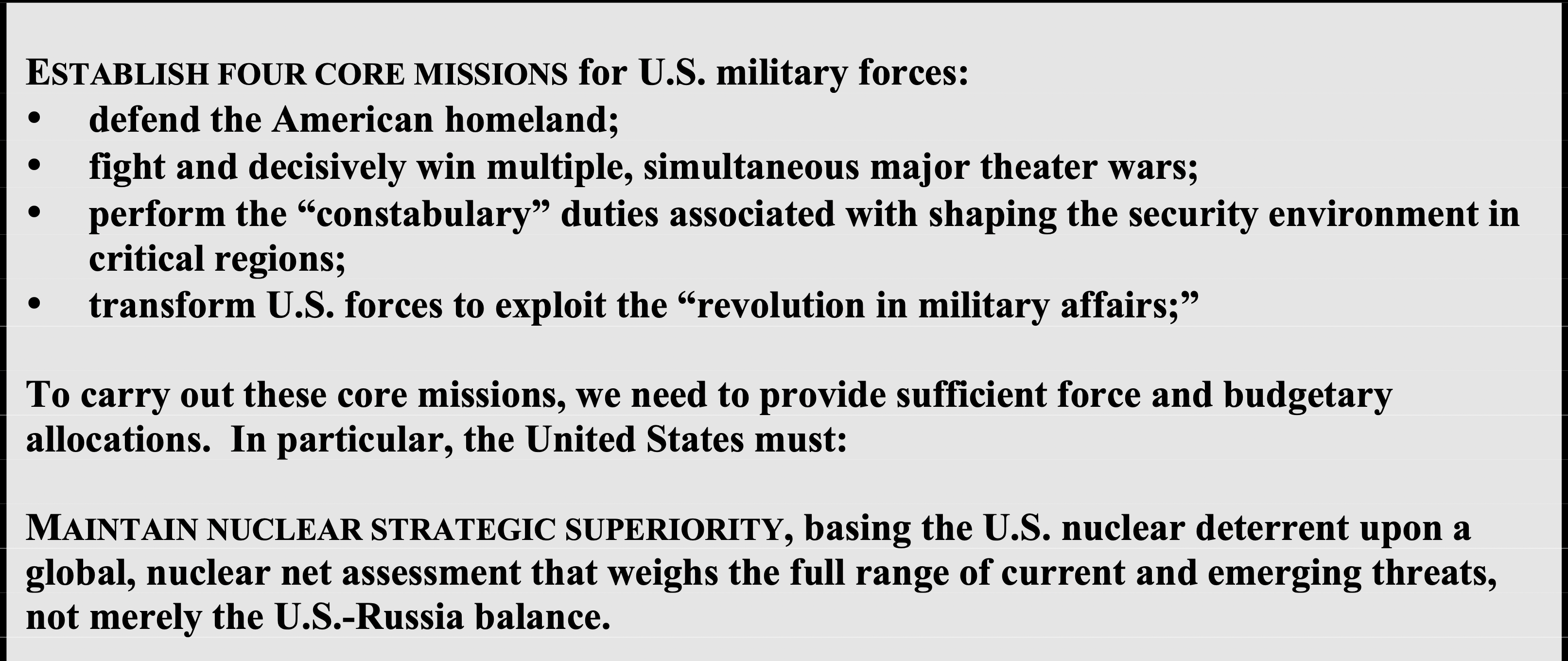
There is a hidden agenda behind this war.
Ukraine was slated to be destroyed as a sovereign country and eventually privatized. (see analysis in Section 6 below)
2. Boris Johnson’s Sabotage Mission
In response to the Istanbul peace agreement, (Former) U.K. PM Boris Johnson was dispatched in March 2022 on an unannounced special mission to Kiev.
The objective of his assignment was sabotage on behalf of Washington:
“The media had already started to announce the probable success of the peace talks… but…‼️ Boris Johnson suddenly appeared in Kiev with military gifts for Zelensky, after which the Ukrainian delegation did not appear again at the negotiations,” he further tweeted.
He [Tweet] cited that Zelensky broke his promise when the Russians withdrew their troops from Kiev in view of the peace agreement between the two nations.
It is worth noting that Denis Kireev, who was part of the Kiev negotiating team, “was killed in broad daylight in Kiev after the first round of talks with Russia”. Kireev was subsequently accused in local Ukrainian media of “treason.”
President Volodymyr Zelensky’s statement that “there would be consequences for collaborators” [with Russia] indicates that these atrocities have been sanctioned by the highest levels of government. (See this)
3. President Putin Revealed Details Concerning the Draft Peace Agreement
At Saint Petersburg (June 19, 2023), President Putin revealed details concerning the draft peace agreement signed in Istanbul by Kiev and Moscow in March 2022.
“initialed by a leader from the negotiation group of Kyiv who even signed the document of ‘security guarantees of Ukraine”.
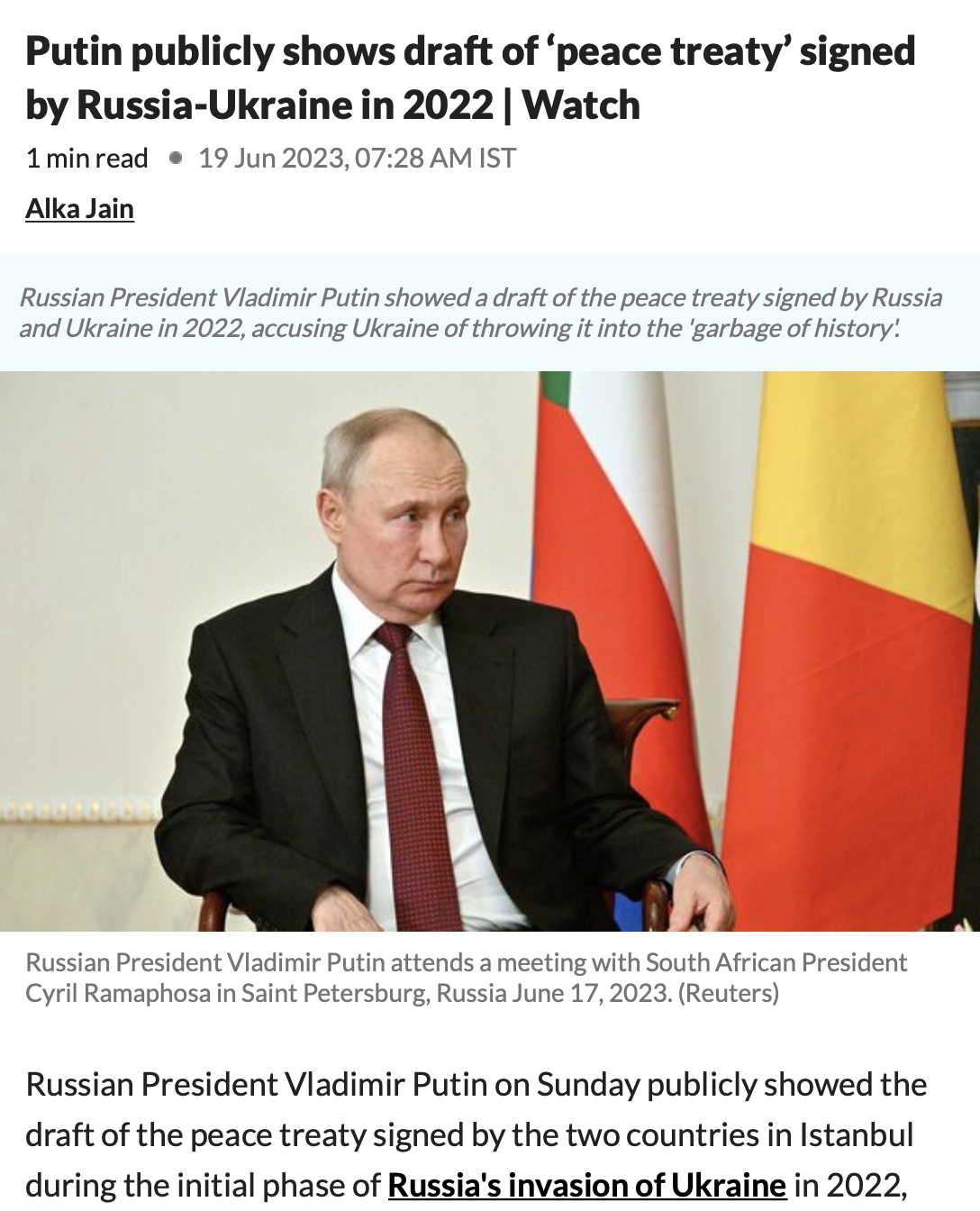
Putin also questioned, “Where are the guarantees that they will not renounce any other agreements in the future?” (Live Mint, June 19, 2023)
Bear in mind that this was the THIRD failed initiative on the part of the Kremlin. Recall the earlier Minsk I and II initiatives.
4. Germany’s Former Chancellor G. Schroeder Confirms “Sabotage” of the Peace Agreement
In October 2023, Germany’s Former Chancellor Gerhard Schroeder confirmed in an October 2023 Interview with the Berliner Zeitung that the United States had deliberately sabotaged the Russia-Ukraine Peace Talks.
Below are excerpts of this interview: (Translation from German by Global Research)
Berliner Zeitung
According to Ukraine, the Bucha massacres [allegedly] committed by the Russians led to the end of the negotiations.
G. Schroeder
Nothing was known about Butscha during the [peace] talks on March 7th and 13th. I think the Americans didn’t want an agreement [compromise] between Ukraine and Russia. The Americans believed that they could keep the Russians down.
Now it is the case that two actors, China and Russia, which are confronted by the USA, are joining forces. Americans believe they are strong enough to keep both sides in check. In my humble opinion, this is a mistake. Just look at how torn the American side is now. Look at the chaos in the U.S. Congress.
Berliner Zeitung
Do you think the peace plan can be resumed?
G. Schroeder
Yes. And the only ones who can initiate this are France and Germany.
Berliner Zeitung
But how can you trust the Russians? In January 2022 it was said that the Russians did not want a war with Ukraine. Then, when the Russians invaded Donbass, it was said that the Russians didn’t want to go to Kiev. All of these promises have been broken. Shouldn’t we be afraid that the Russians might go further and further?
G. Schroeder
There is no threat. This fear of the Russians coming is absurd. How are they supposed to defeat NATO, let alone occupy Western Europe?
They had almost reached Kiev. What do the Russians want? Status quo in Donbass and Crimea. Not more. I think it was a fatal mistake that Putin started the war. It is clear to me that Russia feels threatened.
Look: Turkey is a NATO member. There are missiles that can reach Moscow directly. The USA wanted to bring NATO to Russia’s western border, with Ukraine as a new member. All of this was felt like [interpreted] as a threat to the Russians.
There are also irrational points of view. I don’t want to deny that. The Russians responded with a mix of both: fear and forward defense.
That’s why no one in Poland, the Baltics, and certainly not in Germany – all NATO members, by the way – has to believe they are in danger.
The Russians would not start a war with any NATO member.”
(Berliner Zeitung, translation and minor edits by Global Research, emphasis added)
Of significance Schroeder acknowledges that “the peace plan can be resumed”. He calls upon France and Germany to play a lead role:
“And the only ones who can initiate this are France and Germany”.
5. Washington Pressures German Politicians: Defend Your Country against “a Russian Attack”
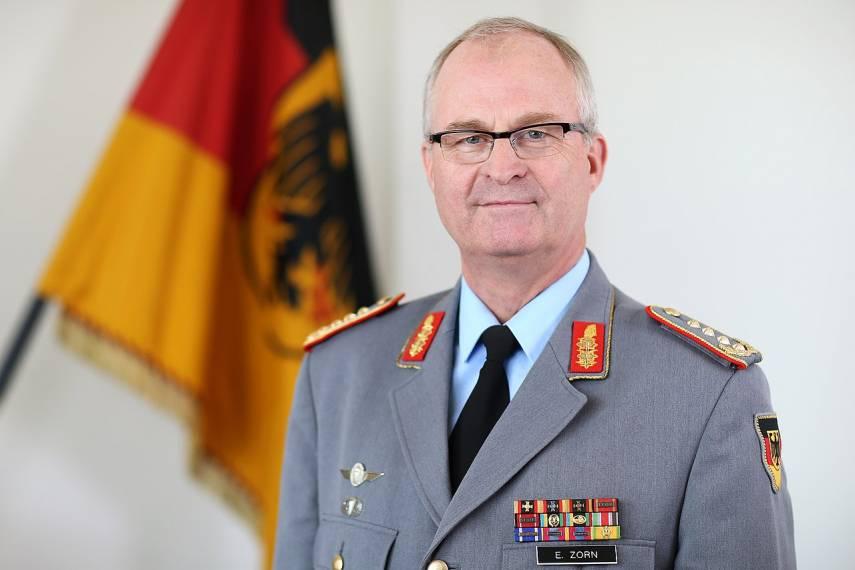 Washington is not only behind the sabotage of peace negotiations –including Minsk 1, 2 and Istanbul– it has also pressured German politicians to defend their country against the possibility of a “Russian attack”:
Washington is not only behind the sabotage of peace negotiations –including Minsk 1, 2 and Istanbul– it has also pressured German politicians to defend their country against the possibility of a “Russian attack”:
“In a confidential strategy paper, General Chief of Staff Zorn swears that the Bundeswehr will face tough years ahead. A conflict with Russia is becoming more likely. The troops must concentrate fully on defence [Abwehr] against an attack”.
What this bold statement suggests is that Germany and its allies should “defend themselves” (plural) against a Russian attack.
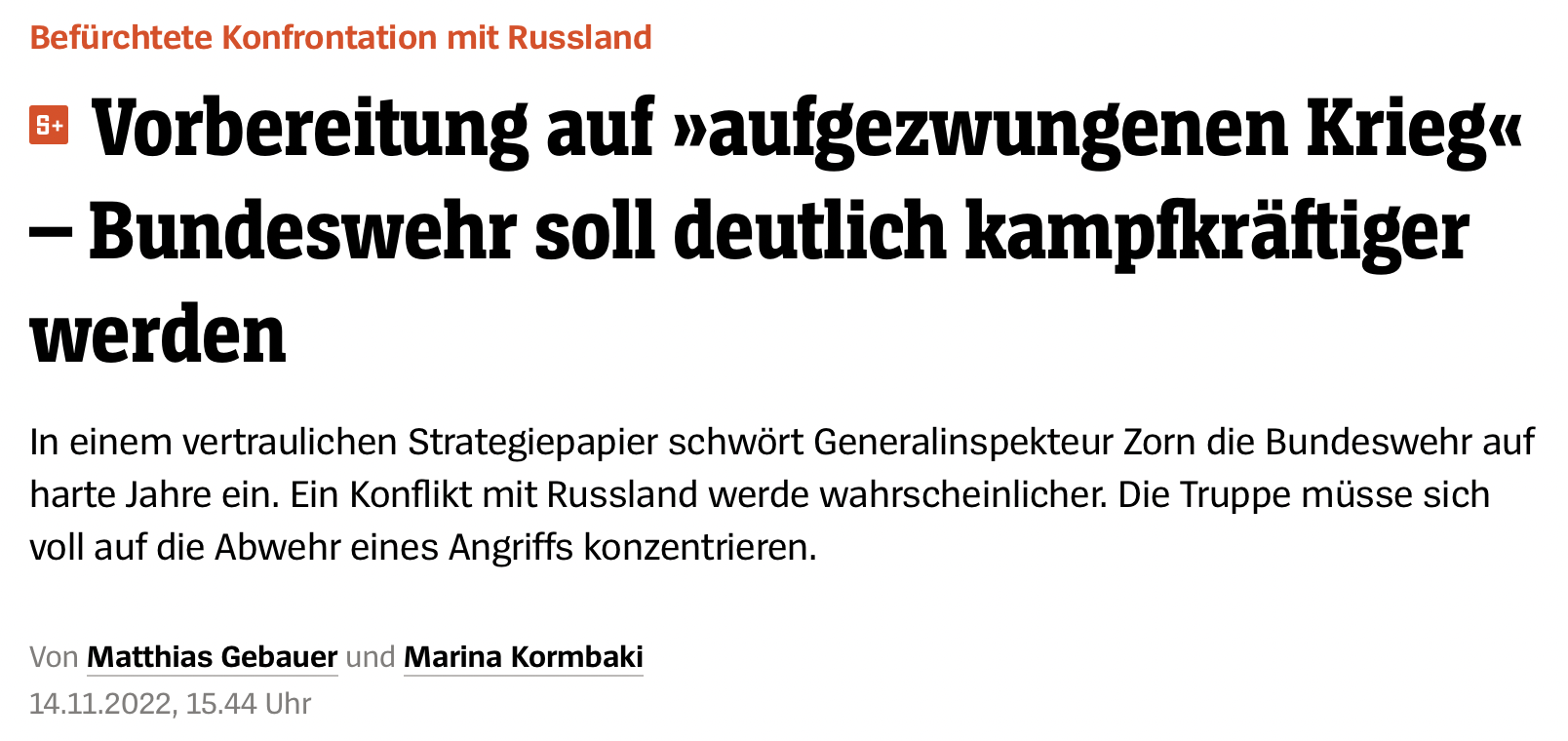
Translation of the above (From German by Global Research)
Feared confrontation with Russia
Preparation for “forced war” – The Bundeswehr must become significantly more powerful”
In a confidential strategy paper, General Chief of Staff Zorn swears that the Bundeswehr will face tough years ahead. A conflict with Russia is becoming more likely. The troops must concentrate fully on defence [Abwehr] against an attack.
What this bold statement suggests is that Germany and its allies should “defend themselves” (plural) against a Russian attack.
See also the contradictory statement of Germany’s Foreign Minister Annalena Baerbock, who studied foreign policy in Klaus Schwab’s WEF Forum of Young Global Leaders (YGL):
“The most important is that we do it together, we are fighting against Russia
6. The Destruction and Privatization of Ukraine
In retrospect, “this never ending war” (which has resulted in the loss of thousands of lives) has another unspoken objective:
The destruction and privatization of an entire country on behalf of powerful financial interests.
BlackRock, which is the World’s largest portfolio investment company together with JPMorgan have come to the rescue of Ukraine. They are slated to set up the Ukraine Reconstruction Bank.
The stated objective is “to attract billions of dollars in private investment to assist rebuilding projects in a war-torn country”. (FT, June 19, 2023)
“… BlackRock, JP Morgan and private investors, aim to profit from the country’s reconstruction along with 400 global companies, including Citi, Sanofi and Philips. … JP Morgan’s Stefan Weiler sees a “tremendous opportunity” for private investors. (Colin Todhunter, Global Research June 28, 2023)
The Kiev Neo-Nazi regime is a partner in this endeavour. War is Good for Business. The greater the destruction, the greater the stranglehold on Ukraine by “private investors”:
“BlackRock and JPMorgan Chase are helping the Ukrainian government set up a reconstruction bank to steer public seed capital into rebuilding projects that can attract hundreds of billions of dollars in private investment.” (FT, op cit)
The Privatization of Ukraine was launched in November 2022 in liaison with BlackRock’s consulting company McKinsey, a public relations firm which has largely been responsible for co-opting corrupt politicians and officials Worldwide not to mention scientists and intellectuals on behalf of powerful financial interests.
“The Kyiv government engaged BlackRock’s consulting arm in November to determine how best to attract that kind of capital, and then added JPMorgan in February. Ukraine president Volodymyr Zelenskyy announced last month that the country was working with the two financial groups and consultants at McKinsey.
BlackRock and Ukraine’s Ministry of Economy signed a Memorandum of Understanding in November 2023.
In late December 2022, president Zelensky and BlackRock’s CEO Larry Fink agreed on an investment strategy.
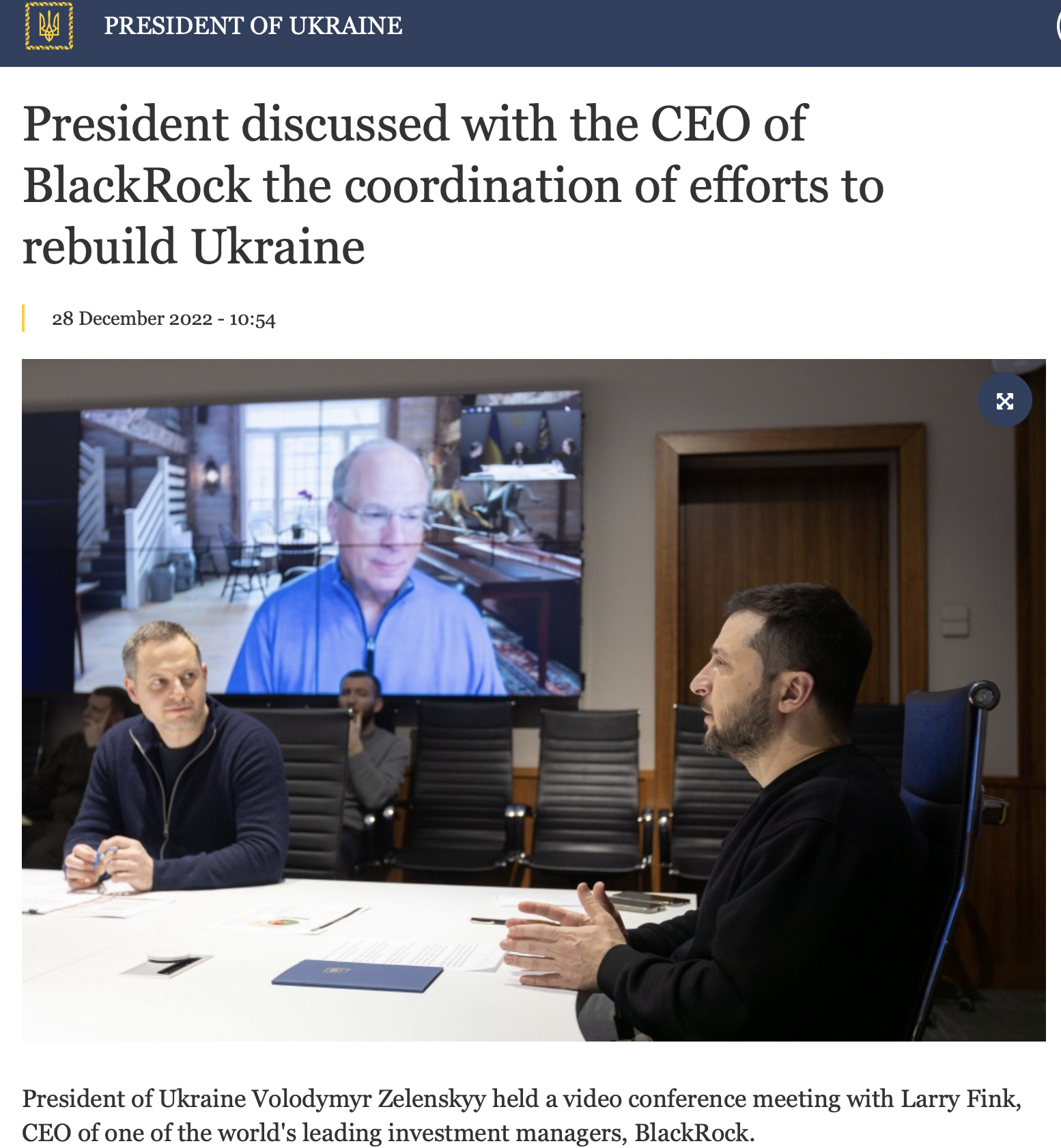
Michel Chossudovsky. Global Research, December 8, 2023
Below is the detailed report by Nauman Sadiq published by Global Research in March 2022.
The article provides details on the peace negotiations as well as on the political response of the Pentagon, the US State Department and Western media.
***
Is Peace on the Horizon?
Russia Wraps Up Military Operation in Ukraine?
by Nauman Sadiq
Global Research, March 31, 2022
Russian Deputy Defense Minister Alexander Fomin, leading the Russian peace delegation in Istanbul talks, told reporters Tuesday:
“In order to increase mutual trust and create the necessary conditions for further negotiations and achieving the ultimate goal of agreeing and signing an agreement, a decision was made to radically, by a large margin, reduce military activity in the Kyiv and Chernihiv directions.” (emphasis added)
Ukrainian negotiators said that under their proposals, Kyiv would agree not to join alliances or host bases of foreign troops, but would have security guarantees in terms similar to Article 5, the collective defense clause of the transatlantic NATO military alliance.
The proposals, which would require a referendum in Ukraine, mentioned a 15-year consultation period on the status of Crimea, annexed by Russia in 2014. The fate of the southeastern Donbas region, which Russia demands Ukraine cede to separatists, would be discussed by the Ukrainian and Russian leaders.
Kyiv’s proposals also included one that Moscow would not oppose Ukraine joining the European Union, Russia’s lead negotiator Vladimir Medinsky said. Russia has previously opposed Ukrainian membership of the EU and especially of the NATO military alliance. Medinsky said Russia’s delegation would study and present the proposals to President Vladimir Putin.
The Russian offer scaling back its blitz north of the capital and focusing instead on liberating Russian-majority Donbas region in east Ukraine, a task that has already been accomplished in large measure, was a major concession ending the month-long offensive in Ukraine.
Whereas Ukrainian demands were minor details that can be discussed later, either bilaterally between Russia and Ukraine, or on international forums, such as the UN Security Council or General Assembly.
In any case, Russia has already accomplished its strategic objectives in Ukraine, as the Crimean Peninsula and the Donbas region are now de facto independent territories where Russian peacekeeping forces have been deployed to maintain peace and stability.
“Ukrainian negotiators have essentially agreed to Russia’s principal security demands of rejecting NATO membership and regarding the presence of foreign military bases on its territory,” the Kremlin’s chief negotiator Vladimir Medinsky told Sputnik News.
Zelensky Contradicts Ukraine Peace Negotiators
Tacitly acknowledging Russian troop withdrawal north of the capital as pledged by the Russian peace delegation in Istanbul, Ukrainian President Volodymyr Zelensky referred to Russian troop movements away from Kyiv and Chernihiv in an early morning video address and said that was not a withdrawal but rather “the consequence of our defenders’ work.”
Zelensky added that Ukraine is seeing “a build-up of Russian forces for new strikes on the Donbas and we are preparing for that.”
“The combat potential of the Ukrainian Armed Forces has been significantly reduced, which allows us to focus our main attention and efforts on achieving the main goal—the liberation of Donbas,” Russian Defense Minister Sergey Shoigu proudly boasted Tuesday. (emphasis added)
He added that 123 of Ukraine’s 152 fighter jets had been destroyed, as well as 77 of its 149 helicopters and 152 of its 180 long- and medium-range air defense systems, while its naval forces had been totally eliminated.
It’s noteworthy that the Russian special military operation, dubbed “Operation Z” by Vladimir Putin, wasn’t a full-scale war. In fact, the Kremlin strictly forbade Russian media from calling the operation a war. It was a calculated military incursion having well-defined security objectives: the liberation of Donbas and denazification and demilitarization of Ukraine.
Those military objectives have already been achieved in large measure, as not only the Russian-majority Donbas including Kherson and Mariupol in the southeast have been liberated but the battles are ongoing in the adjacent areas in the northeast, Kharkiv and Sumy, that will hopefully fall soon.
Sergey Shoigu has already proved through facts and figures how the country has been demilitarized with the combat potential of Ukraine’s armed forces significantly degraded.
Denazification
As for denazification, Donbas was the hub of neo-Nazi Azov, Right Sector, Dnipro 1 and 2, Aidar and myriad of other ultra-nationalist militias funded, armed and trained by the CIA since the 2014 Maidan coup toppling Ukrainian President Viktor Yanukovych and consequent annexation of the Crimean Peninsula by Russia.

With the liberation of Donbas and deployment of Russian peacekeeping forces, neo-Nazi militias wouldn’t find a foothold, at least, in east Ukraine bordering Russia’s vulnerable western flank.
As for the “40-mile-long” convoy of battle tanks, armored vehicles and heavy artillery that descended from Belarus in the north and reached the outskirts of Kyiv in the early days of the war without encountering much resistance en route the capital, that was simply a power projection gambit astutely designed as a diversionary tactic by Russia’s cunning military strategists in order to deter Ukraine from sending reinforcements to Donbas in east Ukraine, where real battles for territory were actually fought, and scramble to defend the embattled country’s capital instead.
Except in the early days of the war when Russian airstrikes and long-range artillery shelling targeted military infrastructure in the outskirts of Kyiv to reduce the combat potential of Ukraine’s armed forces, the capital did not witness much action during the month-long offensive.
Otherwise, with the tremendous firepower at its disposal, the world’s second most powerful military had the demonstrable capability to reduce the whole city down to ashes.
What further lends credence to the indisputable fact that the Russian assault on Kyiv was meant simply as a show of force rather than actual military objective to occupy the capital is the fact that Belarusian troops didn’t take part in the battle despite staging military exercises alongside Russian forces before the invasion and despite the fact that Belarusian President Aleksander Lukashenko is a dependable ally of the Russian strongman, Vladimir Putin.
Although Russia incurred 1,351 fatalities during the war, as candidly admitted by the Russian defense ministry, the myth of countless charred Russian tanks, armored vehicles and artillery pieces littering the streets of Ukraine’s towns and cities is a downright fabrication peddled by the corporate media as a psychological warfare tactic to insidiously portray the losing side in the conflict as a winning side.
Besides the handful of neo-Nazi militias and foreign mercenaries fighting pitched battles against Russian forces in Donbas, the much-touted “resistance” was nowhere to be found in the rest of Ukraine.
The “40-mile-long” column of armored vehicles that created panic in the rank and file of Ukraine’s security forces and their international backers didn’t move an inch further after reaching the outskirts of Kyiv in the early days of the war.
In fact, it wasn’t a fighting force at all. After conducting joint military exercises with Belarussian troops last month, young Russian soldiers, dubbed “conscripts” by the Western media, continued their training exercises on the Ukrainian territory and gained valuable battlefield experience. Now, they would return home and recount their adventures to their families.
Nonetheless, in the parallel reality of the Russo-Ukraine War conjured up by the spin-doctors of foreign policy think tanks and national security correspondents of the corporate media, Russia “failed to achieve” its presumed military objectives of “ransacking the capital Kyiv” and “overrunning the whole territory” of the embattled country, and that the “botched invasion” was thwarted by the “valiant Ukrainian resistance.”
In line with this illusory narrative of the war, the mainstream media is abuzz with fabricated reports, citing “credible Western intelligence,” that President Putin was supposedly “misled by Russia’s military leadership,” and tensions over the military’s alleged “setbacks have strained ties and created a rift” between the Russian strongman and his military.
White House Communications Director Kate Bedingfield told reporters:
“We believe that Putin is being misinformed by his advisers about how badly the Russian military is performing, and how the Russian economy is being crippled by sanctions because his senior advisers are too afraid to tell him the truth,” Bedingfield said, without providing details on the evidence behind the assessment.
“It is increasingly clear that Putin’s war has been a strategic blunder that has left Russia weaker over the long-term, and increasingly isolated on the world stage.”
Speaking in Algiers, Secretary of State Antony Blinken acknowledged Putin had been given “less than truthful information” from his advisers.
“With regard to President Putin, look, what I can tell you is this, and I said this before, one of the Achilles’ heels of autocracies is that you don’t have people in those systems who speak truth to power or who have the ability to speak truth to power,” Mr. Blinken said. “And I think that is something that we’re seeing in Russia.”
In a news conference on Wednesday afternoon, Pentagon spokesman John Kirby said that the Defense Department believed that Putin has not had access to an accurate account of his “army’s failures” in Ukraine. “We would concur with the conclusion that Mr. Putin has not been fully informed by his Ministry of Defense, at every turn over the last month,” Kirby said.
“If Mr. Putin is misinformed or uninformed about what’s going on inside Ukraine, it’s his military, it’s his war, he chose it,” Pentagon spokesman said. “And so the fact that he may not have all the context — that he may not fully understand the degree to which his forces are failing in Ukraine, that’s a little discomforting, to be honest with you.”
Other American officials, as reported in the mainstream media, have said that Putin’s rigid isolation during the pandemic and willingness to publicly rebuke advisers who do not share his views have created a degree of wariness, or even fear, in senior ranks of the Russian military. Officials believe that Putin has been getting incomplete or overly optimistic reports about the progress of Russian forces, creating mistrust with his military advisers.
The New York Times reported:
“The Russian military’s stumbles have eroded trust between Mr. Putin and his Ministry of Defense. While Defense Minister Sergey Shoigu had been considered one of the few advisers Mr. Putin confided in, the prosecution of the war in Ukraine has damaged the relationship. Mr. Putin has put two top intelligence officials under house arrest for providing poor intelligence ahead of the invasion, something that may have further contributed to the climate of fear.”
It’s worth pointing out that these misleading news reports are based on declassified Western intelligence. But a question would naturally arise in the minds of perceptive readers that why the intelligence reports are being leaked to news organizations now.
A Reuters report offers a glimpse into the malicious motive for declassifying the intelligence now after Russia has wrapped up its military campaign in Ukraine and claimed victory in achieving security objectives of the intervention: the liberation of Donbas and denazification and demilitarization of Ukraine.
“Washington’s decision to share its intelligence more publicly reflects a strategy it has pursued since before the war began. In this case, it could also complicate Putin’s calculations, a U.S. official said, adding, ‘It’s potentially useful. Does it sow dissension in the ranks? It could make Putin reconsider whom he can trust.’
“There were no indications at the moment that the situation could foster a revolt among the Russian military, but the situation was unpredictable and Western powers would hope that unhappy people would speak up, a senior European diplomat said. Military analysts say Russia has reframed its war goals in Ukraine in a way that may make it easier for Putin to claim a face-saving victory despite a woeful campaign in which his army has suffered humiliating setbacks.”
All the media hype in order to misguide gullible audiences on the eve of impending Russian troop withdrawal from Ukraine aside, the fact remains it’s old wine in new bottles. The intelligence wasn’t declassified now, it was declassified three weeks ago, but nobody paid much attention to the asinine assertion of an alleged rift between Putin and the Russian military leadership.
Politico reported as early as March 8, in an article titled “Putin is angry,” that the US intelligence heads warned before the House Permanent Select Committee on Intelligence during the panel’s annual hearing on worldwide threats that Russia could “double down” in Ukraine.
The remarks by Director National Intelligence Avril Haines and four fellow intelligence agency leaders — Defense Intelligence Agency Director Scott Berrier, CIA Director William Burns, National Security Agency Director Paul Nakasone and FBI Director Christopher Wray — represented some of the most candid assessments of Moscow’s thinking by US officials since the start of the security crisis in late January.
“Although it still remains unclear whether Russia will pursue a maximalist plan to capture all or most of Ukraine, Haines said, such an effort would run up against what the U.S. intelligence community assesses is likely to be a persistent and significant insurgency by Ukrainian forces.”
Clearly, DNI Avril Haines spilled the secret before the House Select Committee on Intelligence that the US intelligence was in dark whether the Russian forces would overrun the whole of Ukraine, or the Russian blitz north of the capital was only a diversionary tactic meant for tying up Ukrainian forces in the north, while Russia concentrated its efforts in liberating Donbas in the east.
“Burns, the CIA director, portrayed for lawmakers an isolated and indignant Russian president who is determined to dominate and control Ukraine to shape its orientation. Putin has been ‘stewing in a combustible combination of grievance and ambition for many years. That personal conviction matters more than ever,’ Burns said.
“Burns also described how Putin had created a system within the Kremlin in which his own circle of advisers is narrower and narrower — and sparser still because of the Covid-19 pandemic. In that hierarchy, Burns said, ‘it’s proven not career-enhancing for people to question or challenge his judgment.’”
Read the academic-cum-diplomat CIA Director William Burns’ “candid assessments” psychoanalyzing Putin’s mental state amidst the war and the pandemic from early March alongside the recently plagiarized New York Times and Reuters reports asserting that “Putin’s rigid isolation during the pandemic” made him surround himself with “yes-men too afraid to tell him the truth” and consequently he rushed to invade Ukraine to figure out the malicious motive of insidious smear campaign against the Russian peacemaker on the eve of the Russian troop withdrawal from Ukraine as pledged by the Kremlin delegation during the Istanbul peace initiative to Ukraine.
About the author:
Nauman Sadiq is an Islamabad-based geopolitical and national security analyst focused on geo-strategic affairs and hybrid warfare in the Af-Pak and Middle East regions. His domains of expertise include neocolonialism, military-industrial complex and petro-imperialism. He is a regular contributor of diligently researched investigative reports to Global Research.
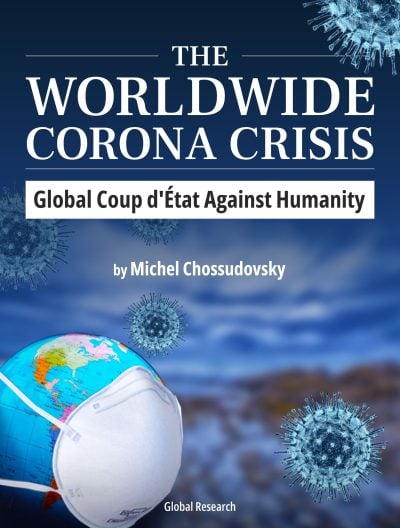 The Worldwide Corona Crisis, Global Coup d’Etat Against Humanity
The Worldwide Corona Crisis, Global Coup d’Etat Against Humanity


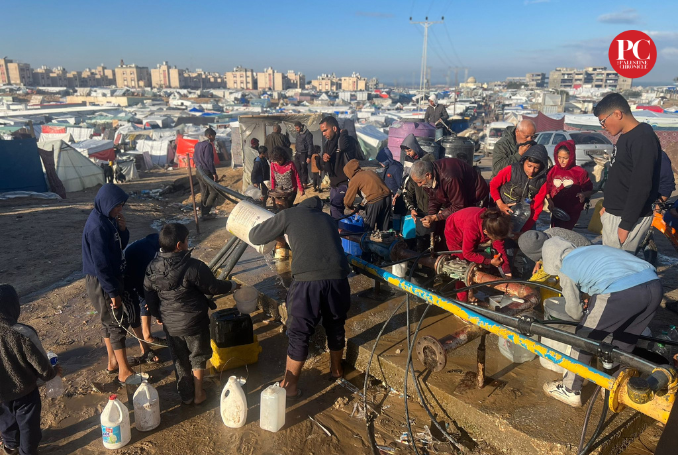





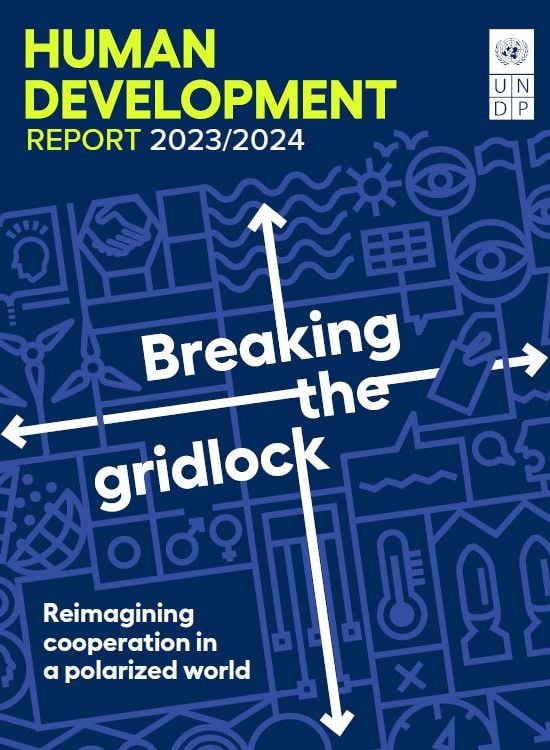
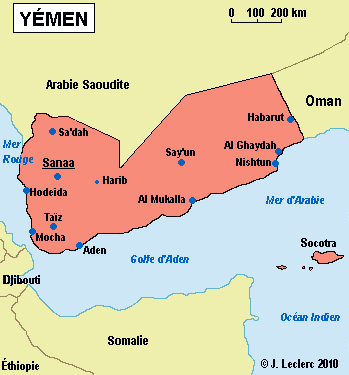
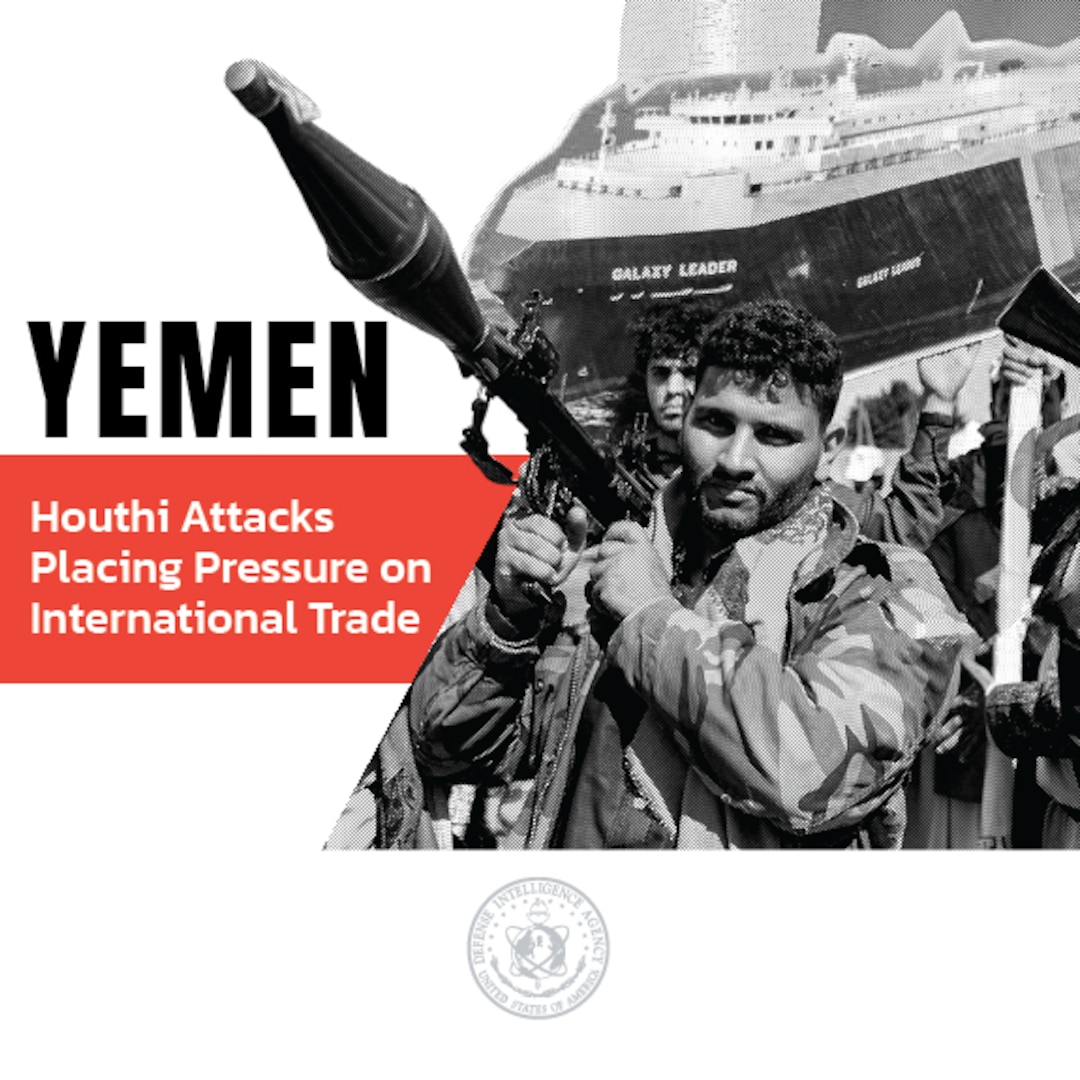

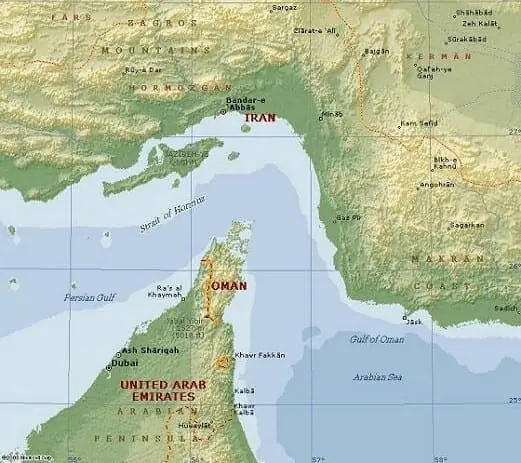

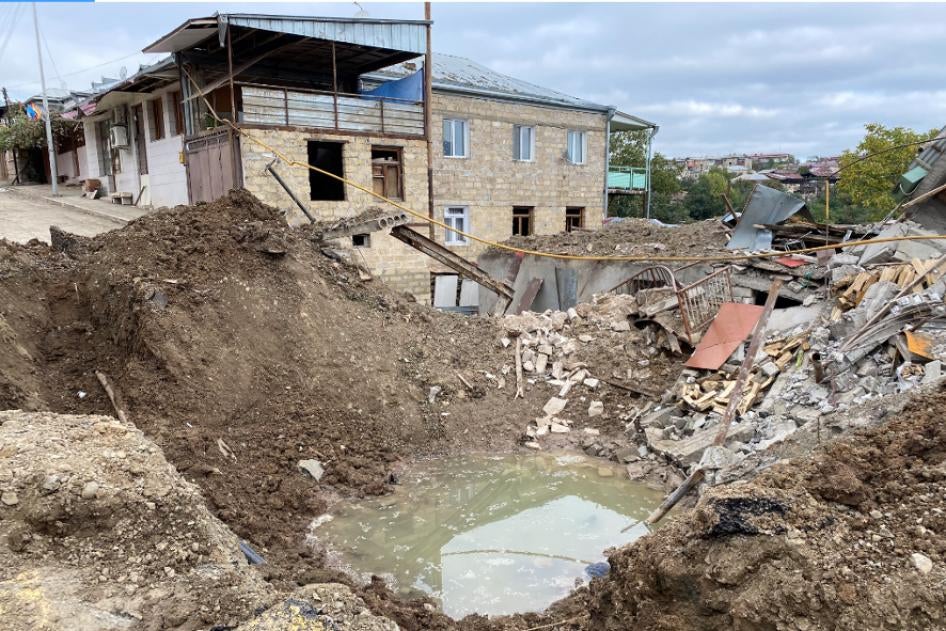

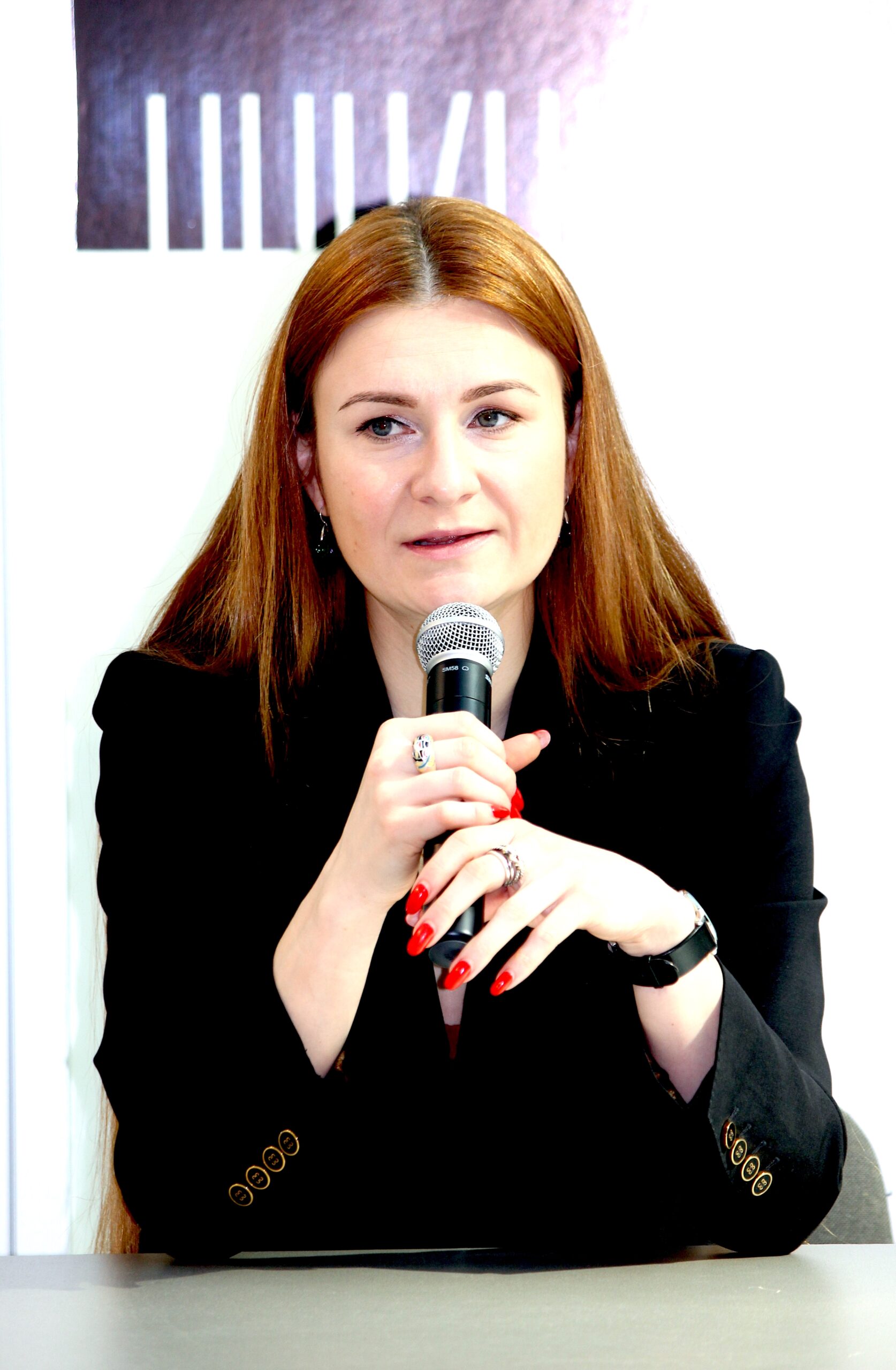











 Washington is not only behind the sabotage of peace negotiations –including Minsk 1, 2 and Istanbul– it has also pressured German politicians to defend their country against the possibility of a “Russian attack”:
Washington is not only behind the sabotage of peace negotiations –including Minsk 1, 2 and Istanbul– it has also pressured German politicians to defend their country against the possibility of a “Russian attack”:



